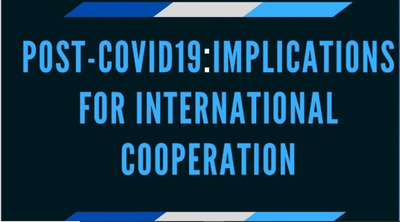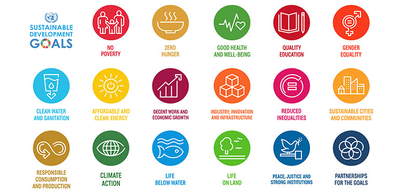What’s the point of international development think tanks? – In a very dynamic world with enormous developmental challenges, our approach to solving these challenges should embrace flexibility with innovations as far as Think tanks are concerned.
In his piece captured – The Ado about Development Results (3) – Governance, Public Sector Management and the Results Based Approach; Aderemi Oladele says “ there is a need for national leadership, political and administrative apparatus to consolidate on the international action while introducing customized reforms and case-by-case review of the governance structures.”
To introduce customized reforms, there is therefore a case to make for strategic interfacing of the job been done by think-tanks with relevant stakeholders such as the government to be able to translate development data/research into meaningful policy outcomes.
Edward Hedger and Marta Foresti in their piece further explains the role of international development think tanks –
We should never take institutions for granted: they need constant rethinking, reviewing and, when necessary, reinventing. This seems to be a struggle in the world of overseas aid.
Most development and humanitarian organizations are driven by ambitious and urgent objectives – like eliminating world poverty and saving people’s lives. This does not always sit comfortably with questioning their mandate or their past actions.
We have to explore new ways to bridge the gaps between the worlds of academia, bureaucracy and the private sector. We break down disciplinary silos.
The task, ultimately, is to re-think ‘development’. That’s a worthy job for the think tank of the future.
Read more: http://www.odi.org/comment/9788-whats-point-international-development-think-tanks



